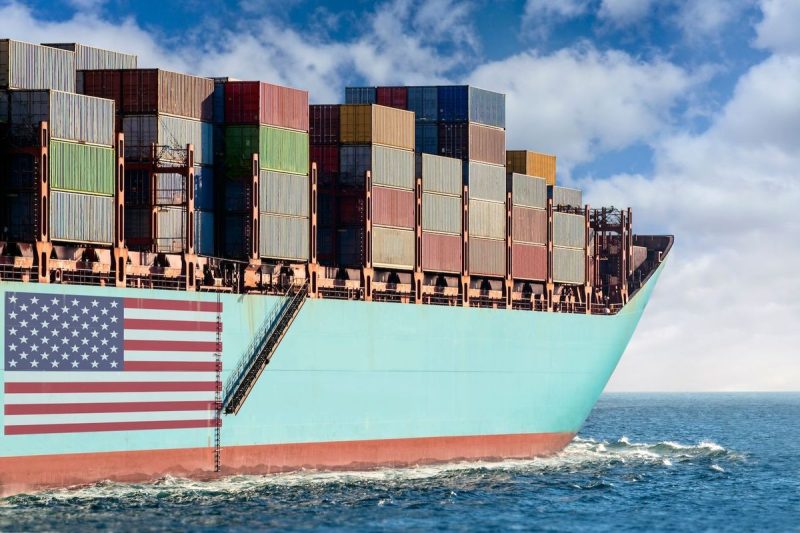Supply Chains Disrupted as US East and Gulf Coast Ports Face Worker Strike
The delicate balance of global trade and commerce is facing a significant threat as worker strikes hit ports along the US East and Gulf Coasts. With these crucial ports serving as major hubs for imports and exports, the impact of disruptions is reverberating across industries and supply chains worldwide.
At the heart of the issue are labor disputes centered around worker rights, wages, and working conditions. Port workers have long been vocal about their demands for fair compensation, improved safety measures, and better job security. The failure to address these concerns has now culminated in widespread strikes, halting operations and causing a ripple effect throughout the supply chain.
The timing of these strikes could not be worse, coming at a time when global supply chains are already strained due to various factors like the pandemic, geopolitical tensions, and natural disasters. As goods pile up at the ports awaiting shipment or sit idle on ships, businesses are grappling with delayed deliveries, increased costs, and a drop in productivity.
The effects of the worker strikes are being felt far and wide, impacting not just businesses but also consumers. Delays in the delivery of essential goods and raw materials could lead to shortages, price hikes, and disruptions in production cycles. Industries that rely heavily on timely imports and exports, such as retail, manufacturing, and agriculture, are particularly vulnerable to the fallout from the port strikes.
In response to the crisis, stakeholders are being forced to reassess their supply chain strategies and explore alternative solutions. Some companies are diverting shipments to other ports, incurring additional costs and logistical challenges in the process. Others are seeking to renegotiate contracts, streamline operations, and increase inventory levels to cushion the impact of potential delays.
Government intervention is also being sought to mediate the disputes and facilitate a speedy resolution. In the face of mounting economic losses and the risk of prolonged disruptions, policymakers, industry leaders, and labor unions are under pressure to find common ground and reach a consensus that safeguards the interests of all parties involved.
In conclusion, the worker strikes gripping ports along the US East and Gulf Coasts have plunged global supply chains into turmoil, posing a significant threat to the flow of goods and commodities worldwide. The resolution of these labor disputes is crucial not only for the affected port workers but also for businesses, consumers, and the broader economy. As stakeholders navigate this challenging period, proactive measures, collaboration, and swift action will be key to mitigating the impact of the disruptions and restoring stability to the supply chain ecosystem.
